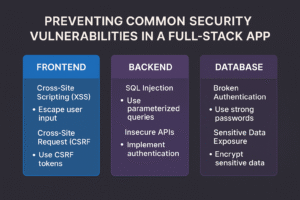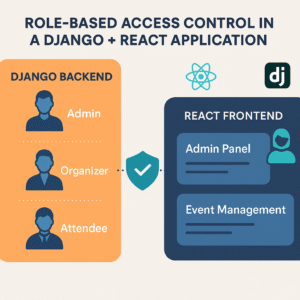The Reserve Bank of India (RBI) has announced a significant proposal to upgrade the Basic Savings Bank Deposit (BSBD) account, aiming to establish it as the standard banking service across all banks. The move is designed to make banking more accessible, especially for low-income and rural customers, while ensuring a customer-centric and digitally inclusive experience.
Over 566 million BSBD accounts have already been opened under the Pradhan Mantri Jan Dhan Yojana (PMJDY), with deposits surpassing ₹2.67 trillion. The RBI highlighted that the reforms will align BSBD accounts with modern digital banking needs and strengthen protection for account holders.
“The ongoing digitisation of the banking sector requires a BSBD account that is in sync with customers’ evolving requirements. These directions aim to improve services and deepen financial inclusion,” the RBI said in its statement.
Key Features of the Proposed Reforms:
- Free Basic Services: Unlimited deposits, four free withdrawals per month (including ATM transfers), a debit/ATM card, internet and mobile banking, and a cheque book with at least 25 leaves annually.
- No Minimum Balance: Account holders are not required to maintain any minimum balance.
- Digital Access: BSBD account holders will have full access to UPI, NEFT, RTGS, IMPS, and PoS transactions without restrictions.
- Single Account Rule: Customers may only maintain one BSBD account across the entire banking system. If a customer already has a savings account in the same bank, it must be closed within 30 days of opening a BSBD account.
- Account Conversion: Existing savings accounts can be converted to BSBD accounts within seven days through written, internet, or mobile requests.
- Additional Services: Banks may offer extra services with clear disclosures, provided they are fair, non-discriminatory, and transparent.
Compliance and Grievance Redressal:
- The RBI has set March 31, 2026 as the compliance deadline for banks.
- All BSBD accounts will undergo standard KYC and AML checks.
- To ensure faster grievance redressal, banks must integrate the Internal Ombudsman system for BSBD accounts.
- Rural cooperative banks will also come under the RBI Ombudsman Scheme, giving rural customers quicker resolution of complaints.
Impact:
This reform is expected to revolutionise basic banking in India, making financial services easier, free of cost, and digitally integrated for millions of people. It is also seen as a major step toward universal financial inclusion and reducing barriers for underserved communities.
Originally published on 24×7-news.com.








